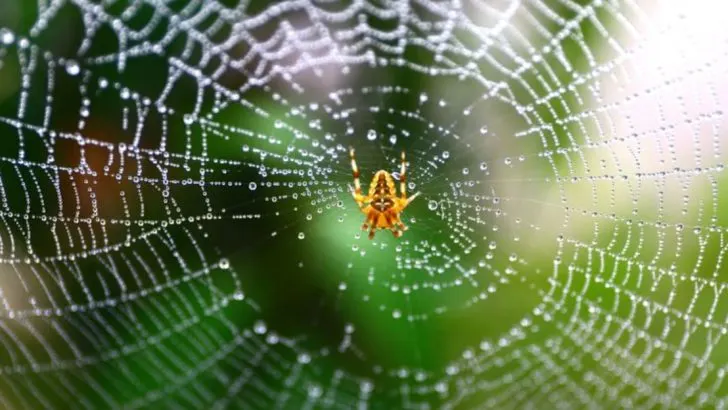At first glance, spiderwebs might seem like messy, unwanted signs of neglect in an otherwise tidy garden. But those delicate strands play a much more important role than most gardeners realize. Before reaching for a broom or hose, it’s worth considering how spiders and their webs contribute to the overall health and balance of your outdoor space. From controlling pests to supporting pollinators, these eight-legged allies are quietly working behind the scenes.
Instead of removing them, leaving spiderwebs intact can lead to a more resilient and thriving garden ecosystem. Not only do spiders reduce the need for chemical pest control, but their presence can also indicate a stable and biodiverse environment. If you’re aiming for a natural, organic, or low-maintenance garden, understanding the benefits of these tiny architects might just change the way you see them forever.
Natural Pest Control
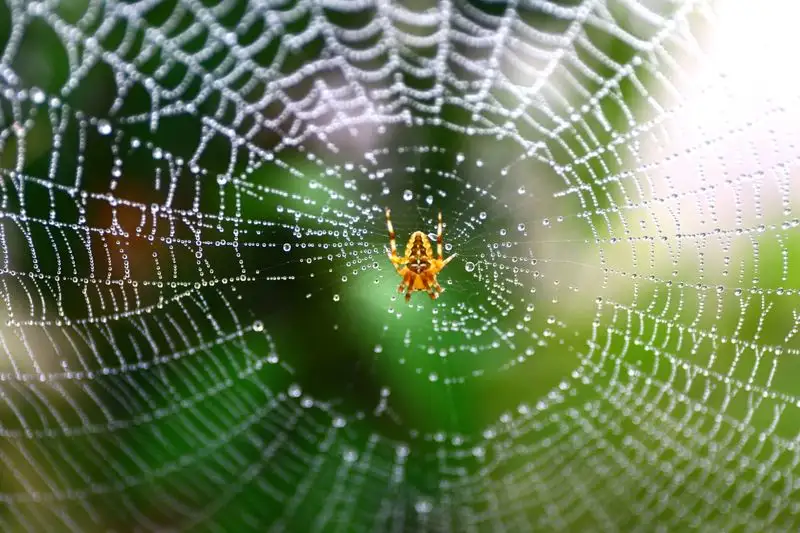
In the intricate dance of ecosystems, spiders play a starring role. They are nature’s own pest control experts, keeping your garden free from unwanted insects. Spiders feast on flies, mosquitoes, and other pests, reducing the need for chemical pesticides. This natural balance helps your plants thrive without the interference of harmful chemicals.
Pollinator Protection
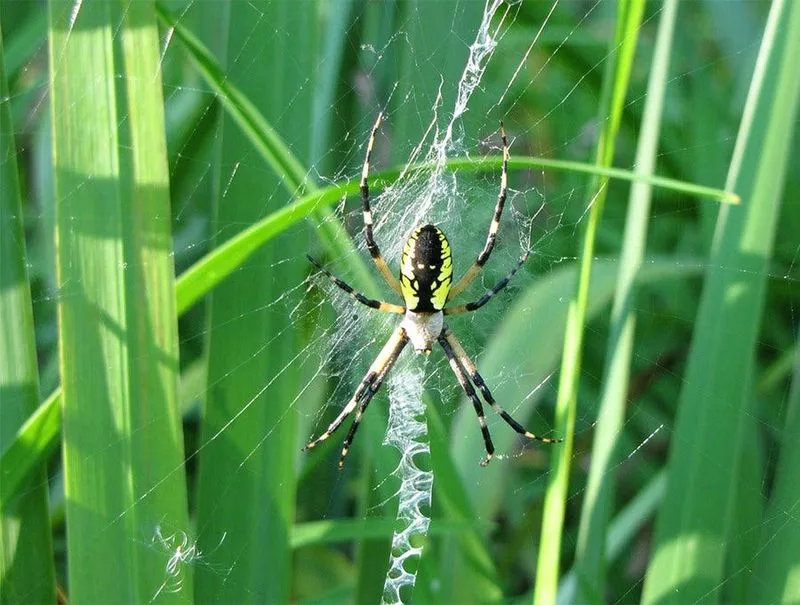
Spiderwebs can act as a protective barrier for pollinators. While some might see webs as traps, they actually deter more aggressive predators. By keeping these predators at bay, spiders help maintain a healthy population of bees and other pollinators. This ensures that your flowers and plants get the pollination they need to flourish.
Aesthetic Appeal
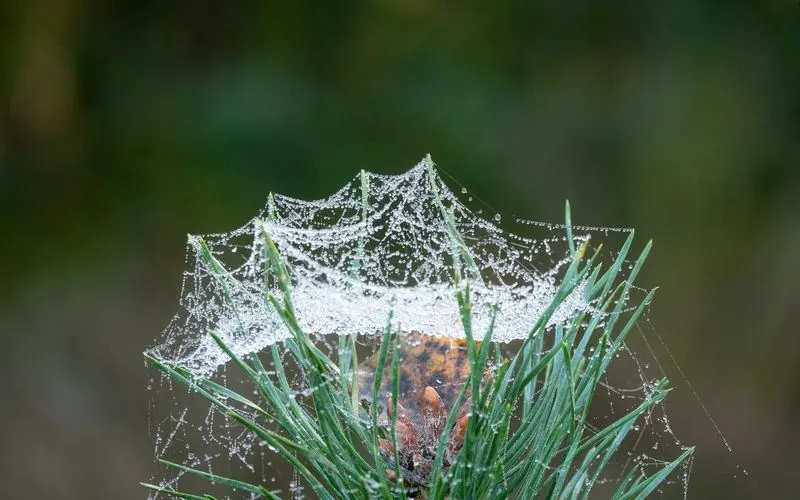
The delicate beauty of a spiderweb adorned with morning dew can transform your garden into a wonderland. These natural ornaments catch light in a way that enhances your garden’s visual appeal. Instead of seeing them as nuisances, consider them as living art that adds an enchanting touch to your outdoor space.
Soil Aeration Assistants
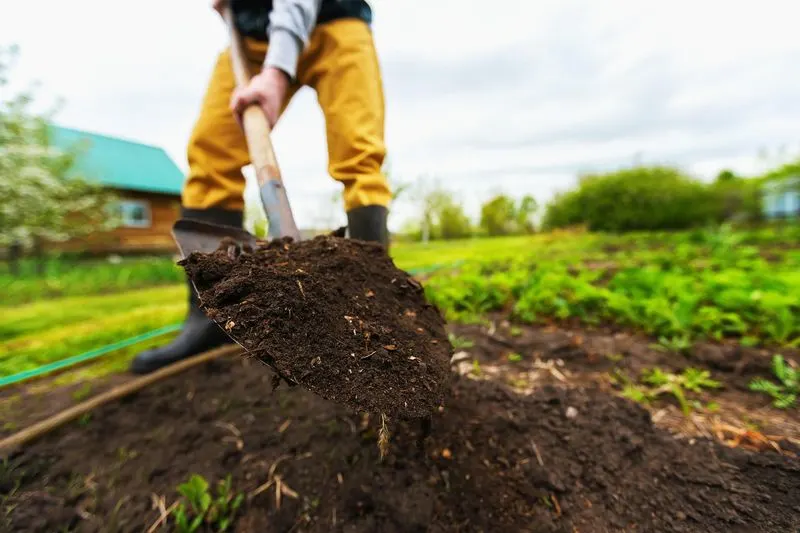
Spiders contribute to your garden’s health beyond what meets the eye. Their movements on the ground help aerate the soil, promoting better root growth for plants. This unseen benefit ensures that your garden remains fertile and vibrant, with spiders working behind the scenes to enhance soil quality.
Educational Opportunities
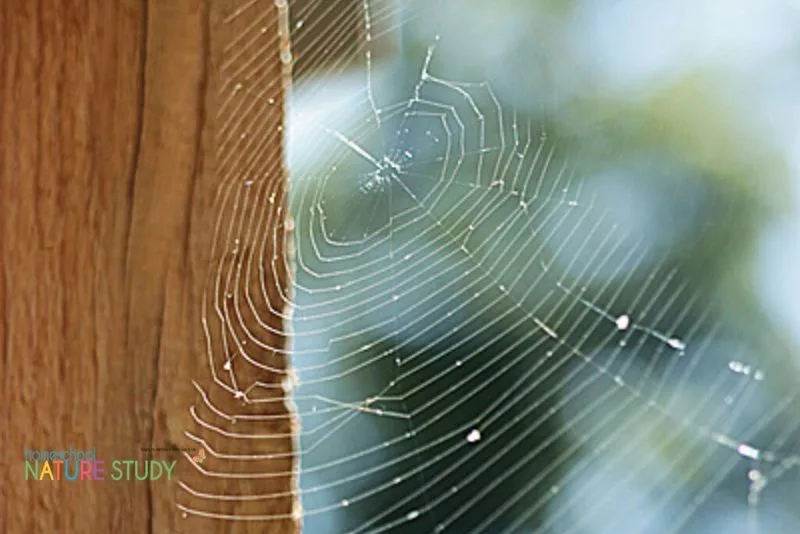
Spiders and their webs offer a unique chance for education right in your backyard. Observing these creatures can teach children about biology, ecosystems, and the importance of biodiversity. This hands-on learning experience fosters curiosity and respect for nature, making your garden a living classroom.
Indicator of Biodiversity
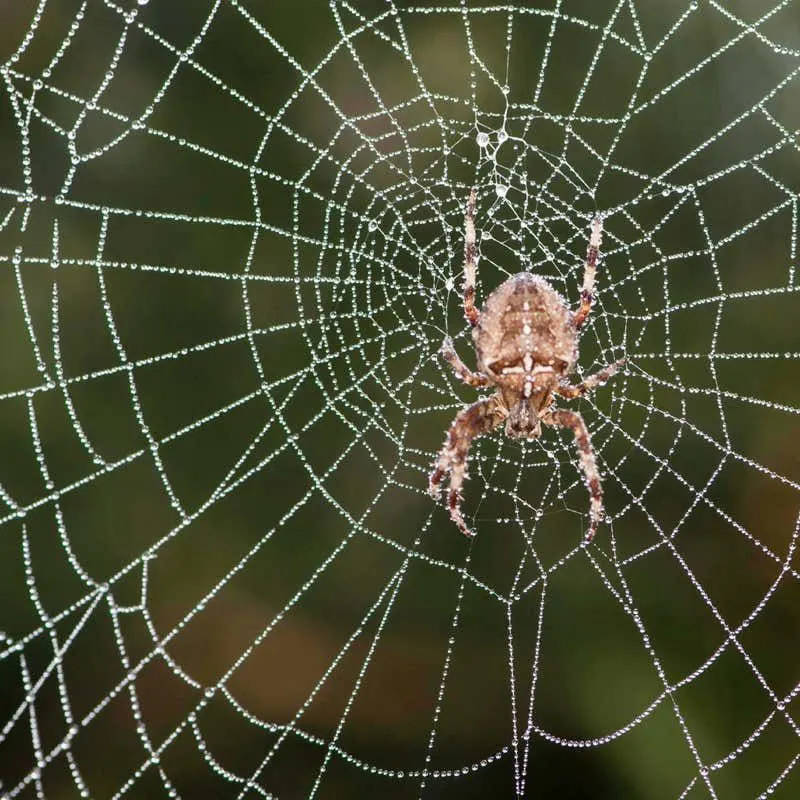
A garden with spiderwebs is often a sign of high biodiversity. Spiders thrive where various plant and animal species coexist. This diversity indicates a balanced ecosystem, where each organism contributes to the garden’s health. Embrace these webs, knowing they are a testament to a thriving garden environment.
Microclimate Moderators
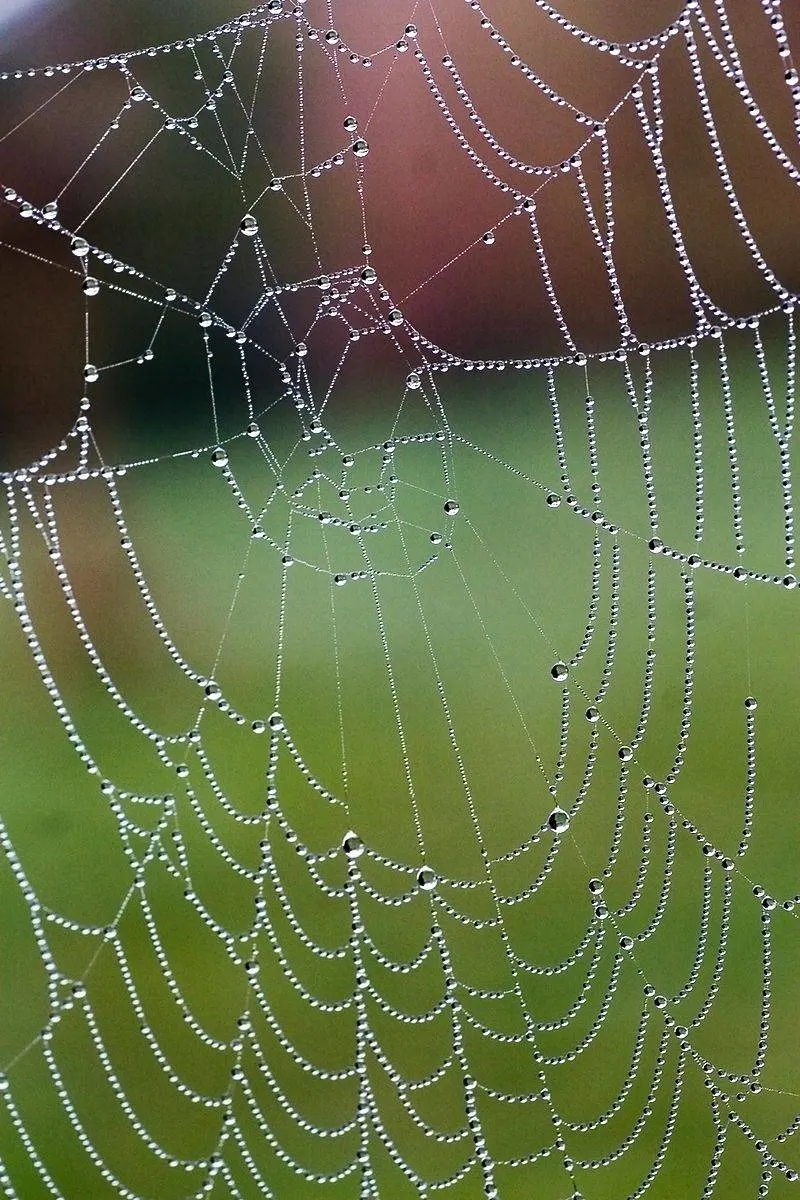
Spiderwebs can subtly influence your garden’s microclimate. By trapping moisture and affecting airflow, they help maintain optimal conditions for plant growth. This natural regulation aids in creating a stable environment where plants can thrive without human intervention.
Natural Composters
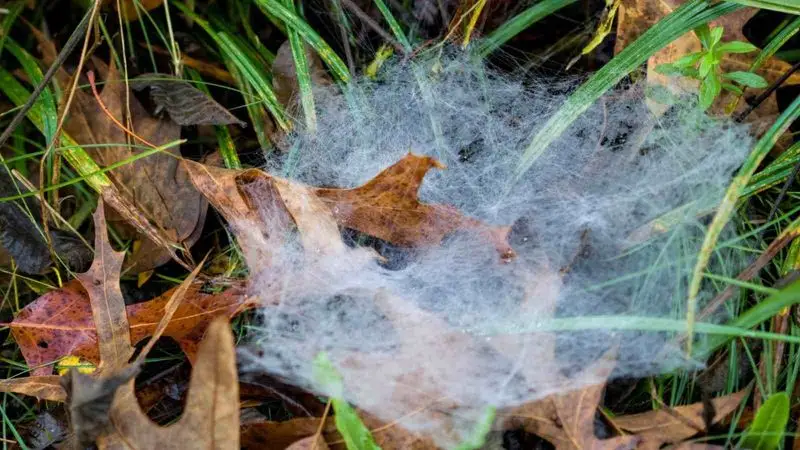
In the cycle of life and decay, spiders play a crucial role. By feeding on decaying matter and insects, they contribute to your garden’s composting process. This natural decomposition enriches the soil, providing nutrients that sustain plant life. It’s a silent yet essential service spiders provide to gardeners.
Habitat for Smaller Creatures
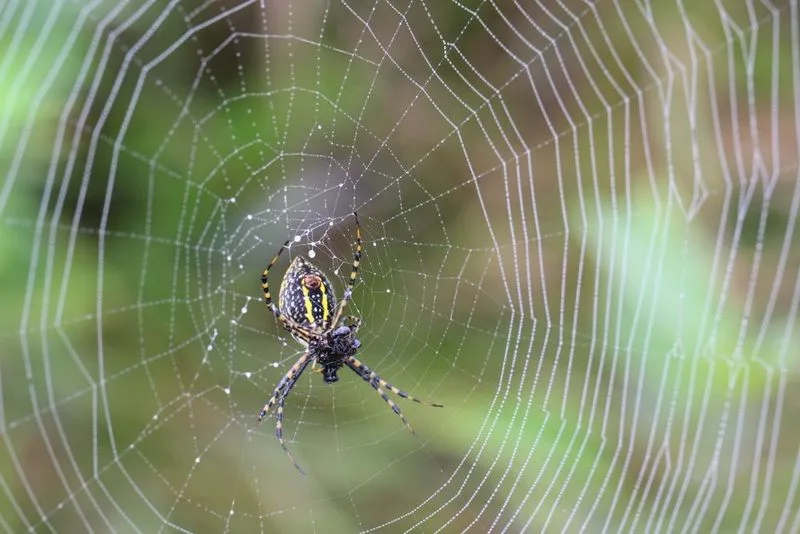
Spiderwebs offer shelter to various small insects, creating a microhabitat within your garden. This habitat supports a mini-ecosystem, where small creatures find refuge and resources. By maintaining these webs, you’re supporting a broader ecological network that benefits your garden’s health.
Natural Silk Production
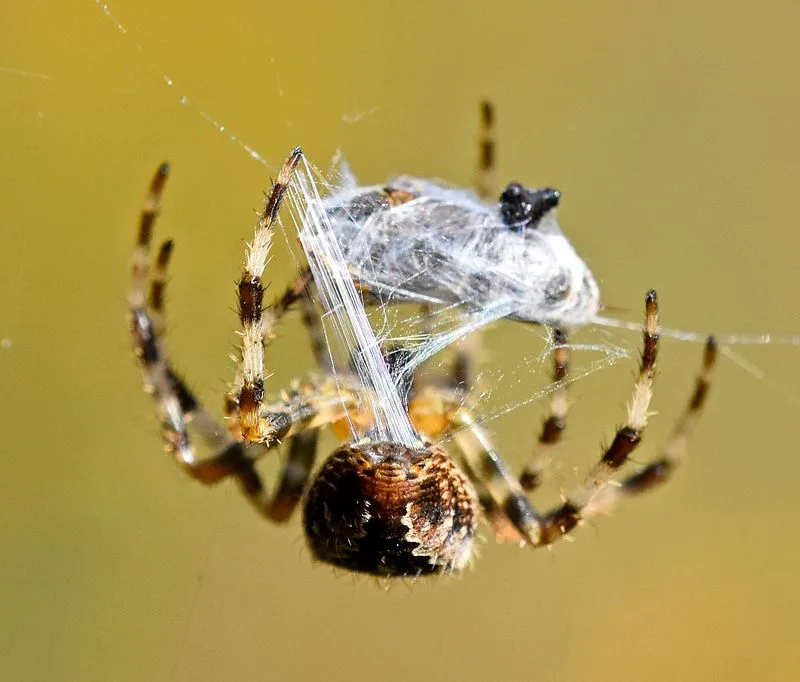
Spider silk is one of nature’s most remarkable materials, known for its strength and flexibility. This natural product has inspired innovations in textiles and engineering. By appreciating spiderwebs, you’re acknowledging the potential of nature’s sustainable resources right in your garden.
Symbol of Resilience
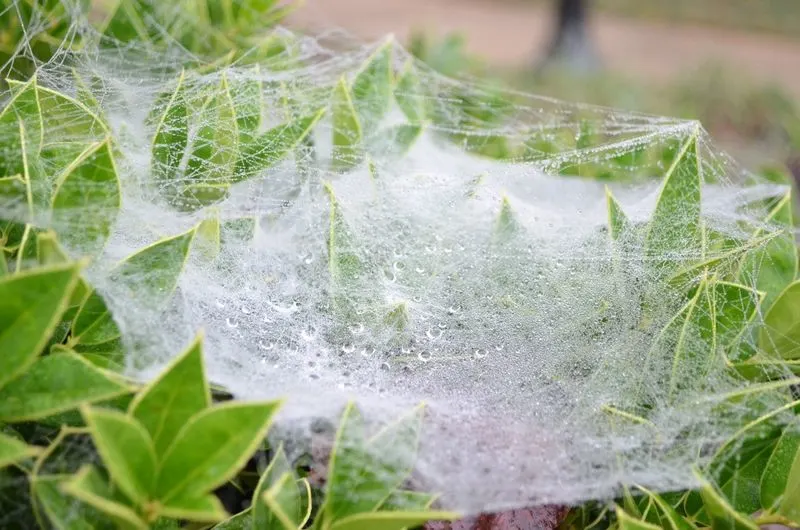
The resilience of a spiderweb, standing firm through wind and rain, mirrors nature’s tenacity. These structures symbolize strength and endurance, reminding us of the interconnectedness of life. By leaving spiderwebs intact, you honor the perseverance found in nature’s architecture.

